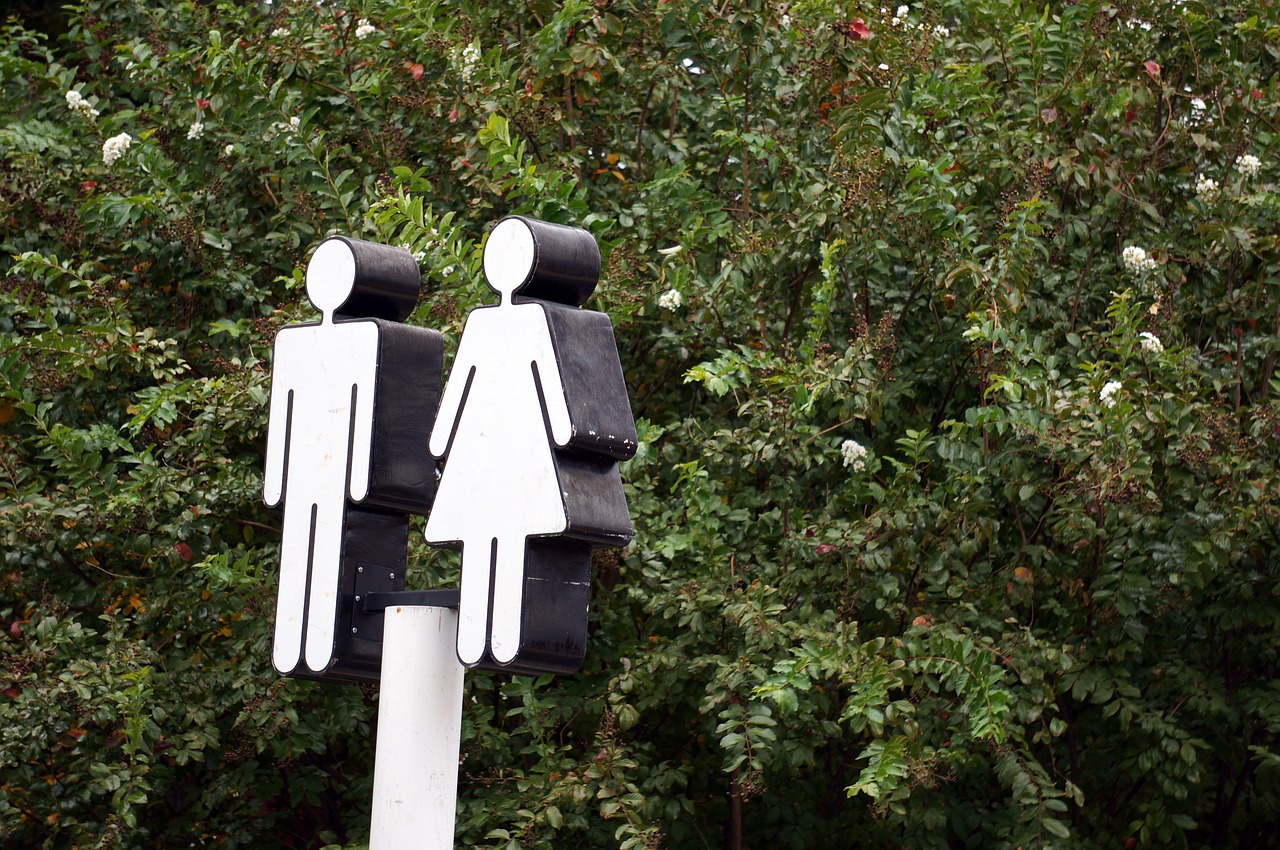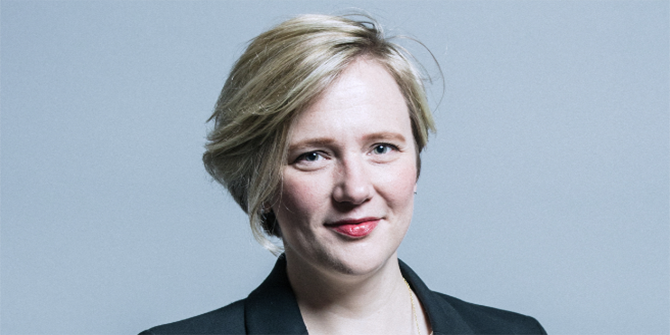
 With the prospect of the first female President of the USA now fading from view, the question of women’s political representation remains prescient. But do women and men feel the same way about women in formal political office? Peter Allen and David Cutts explore that question here.
With the prospect of the first female President of the USA now fading from view, the question of women’s political representation remains prescient. But do women and men feel the same way about women in formal political office? Peter Allen and David Cutts explore that question here.
Recent decades have seen a growing consensus emerge among mainstream political parties on the question of women’s representation, with basically all involved agreeing that the numbers of women in political assemblies should be increased. As such, the question of which direction we should be heading on this issue seems relatively settled.
Less clear is why anyone who supports such an increase in the numbers of women in politics does so – what rationale lies behind their support? Academic studies of women’s political representation often reflect one of two broad views about how any increase in the number of women in an assembly might be considered. One view thinks about increases in the numbers of women present (descriptive representation) with reference to the likely better representation of so-called women’s interests (substantive representation). An alternative view sees any descriptive increase as worthwhile in and of itself, either for reasons of justice or for bringing about other non-substantive effects. We refer to this latter view as the ‘justice-plus’ rationale.
Who tends to adopt which view? Of particular interest to us is the potential for a difference in the likelihood that men or women expressed either of these views in relation to representation. That is, do men and women think about any increase in the descriptive representation of women in the same way? To study this question we used data from the 2015 Northern Irish General Election Study. We began by restricting our sample to include only those individuals who did want an increase in the numbers of women in politics, removing those who opposed this goal. Within this group who do support an increase in women’s descriptive representation, there are perhaps unsurprisingly more women than men. Even when controlling for a wide range of demographic and socioeconomic control variables, women are more than twice as likely than men to support an increase in the number of women in political institutions. The probability among women of supporting descriptive representation for women, when each significant predictor is varied from its minimum to maximum while simultaneously holding continuous predictor variables at their mean values and at zero for dummy variables, increases by seventeen points. Interestingly, the largest positive influence on supporting an increase in descriptive representation was holding the belief that women in public life were discriminated against, something that held for both men and women.
Of those who support an increase in descriptive representation, how many think this will be related to an improvement in women’s substantive representation? To test this, we looked at the extent to which respondents supported the statement ‘women are better placed than men to represent women’s interests in politics’. We looked first at those individuals who did supported an increase in descriptive representation, but did not indicate support for the idea that descriptive and substantive representation are linked – the justice-plus view. Here we identified a clear sex effect with men significantly less likely to believe that women are discriminated against in public life. While being a woman reduces the likelihood of supporting the justice-plus view by three percentage points, for women who expressed the belief that sexist discrimination was a problem, the probability of advocating a justice-plus rationale reduces by twelve percentage points. Conversely, the regression results suggest that women are significantly more likely to express support for the idea that not only should there be more women in political institutions, but that increasing their number will have the related effect of improving the representation of women’s interests. In fact, being a woman increases belief in the link between descriptive and substantive representation by 21 percentage points. However, by far and away the largest positive influence on supporting this substantive view is holding a belief that women are discriminated against in public life, something that increases support by 60 percentage points. This suggests that thinking that sexist discrimination takes place makes one more likely to think that increasing the number of women in public life will make a substantive difference to the representation of women’s interests.
Overall, our findings suggest that men and women do consider the question of women’s representation in distinct ways. Women appear more likely to think of women’s descriptive representation in relation to the substantive representation of women’s interests, while men are more likely to support an increase in the numbers of women in politics without invoking this link. So, why does this matter? We think that the main upshot of our findings is that despite many advocates of increasing the numbers of women in politics relying on arguments from justice when making their case, women in the wider public instead favour consequentialist arguments that place weight on the expected actions of a greater number of women politicians. Although this is a perfectly reasonable view to hold, it arguably places a responsibility of sorts on women politicians – to actively represent the somewhat vague category of women’s interests – with no equivalent expectation placed on men in the same institutions. As Joni Lovenduski has written:
the representation of women in political decision making is vital not because it will necessarily make a difference for women, though it often does, but because justice demands it. Equal representation should be taken for granted, part of the institutional fabric. Women should not have to claim political presence on any other basis than justice. To do so puts a special burden of representation on women MPs who become subject to scrutiny and pressure that male politicians largely avoid (Lovenduski, 2012: 699).
Given that the public do not appear to be convinced of this as of yet, the ‘special burden’ on women representatives that Lovenduski describes is likely to persist for some time to come.
—
Note: This blog is based on a paper in the current issue of The British Journal of Politics and International Relations.
 Peter Allen is a Senior Lecturer in British Politics at Queen Mary University of London.
Peter Allen is a Senior Lecturer in British Politics at Queen Mary University of London.
 David Cutts is a Reader in Political Science at the University of Bath and is moving to the University of Birmingham in February.
David Cutts is a Reader in Political Science at the University of Bath and is moving to the University of Birmingham in February.









I don’t know why the question is even being asked the simple thing is it doesn’t matter what gender you are but how capable you are of doing the job, we know that women don’t think about other women interests just as men do not think of other mens interests so it is a pointless question.